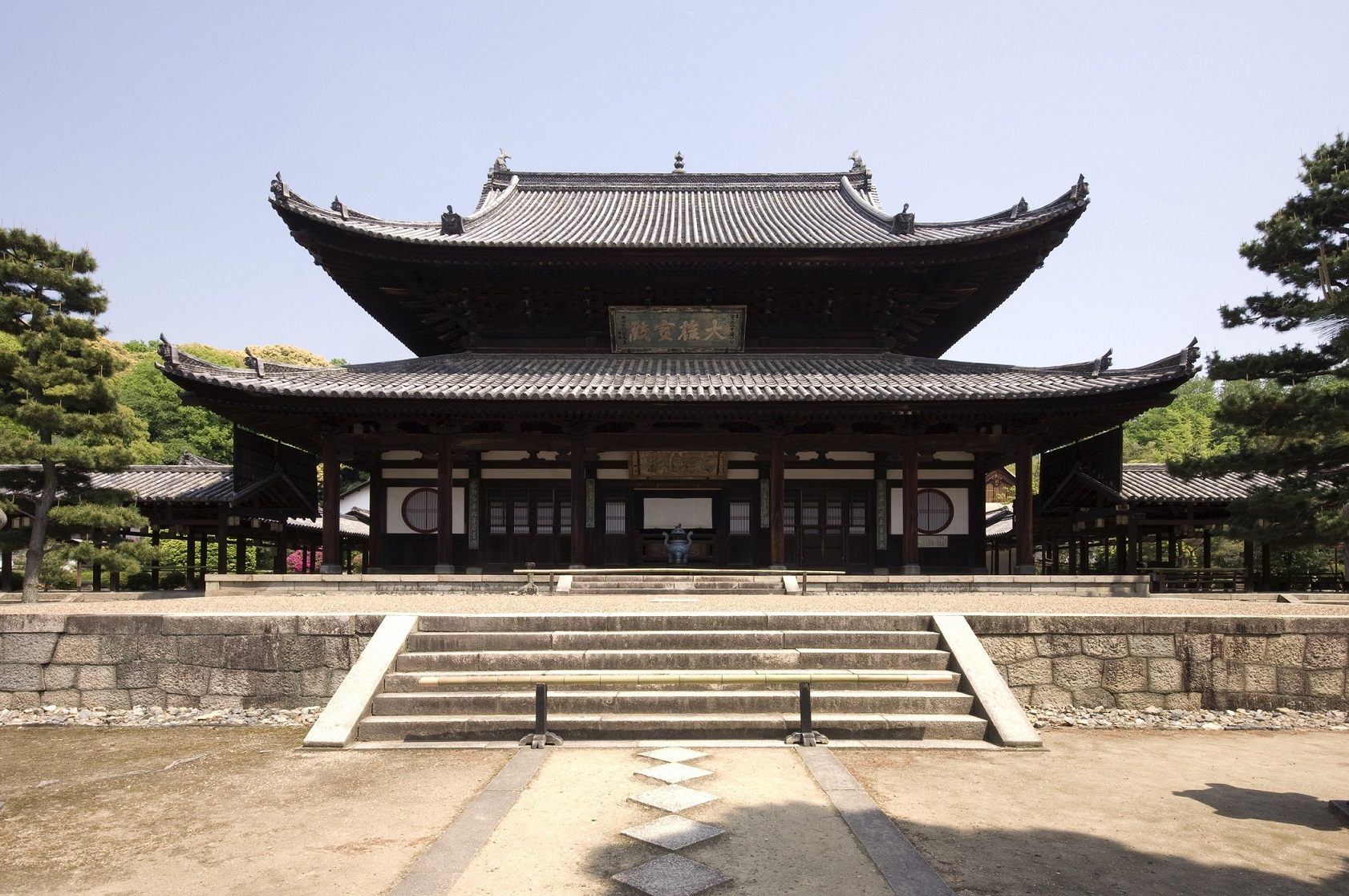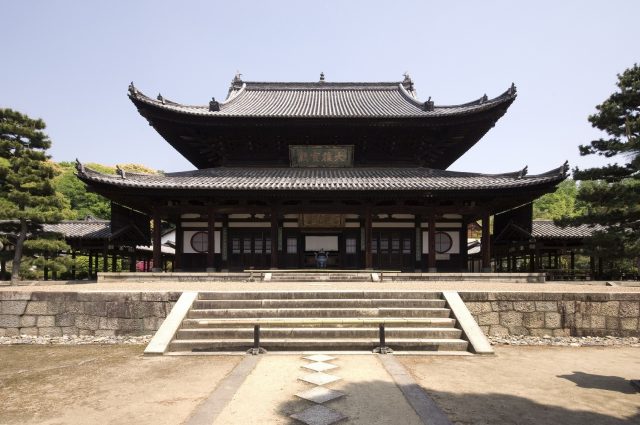
Recommended 1-Day Model Course in Uji City – Experience 120% Enjoyment in Uji the Home of Tea!
Uji City, which has thrived as a major transportation hub since long ago, continues to flourish as the second-largest city in Kyoto. Let us introduce a one-day model course centered around the specialty product and symbol of Uji, the Uji tea. Explore the city that holds historical structures such as the UNESCO World Heritage sites Ujigami Shrine and Byodoin Temple. Immerse yourself in the unique charm of Uji and enjoy the atmosphere that is distinctly its own!







